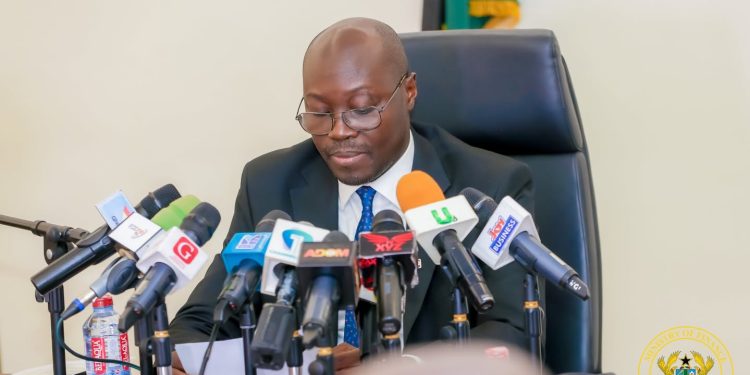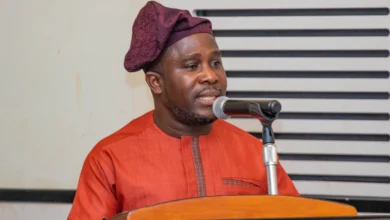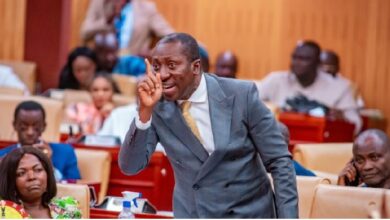IMF to Probe Ghana’s 2025 Budget Plans as Govt Moves to Scrap Key Taxes
Ghana’s ambitious tax cuts face IMF scrutiny as the country juggles fiscal consolidation and economic recovery

- The government plans to scrap the E-Levy, betting tax, and COVID-19 levy
- Ghana faces over $2 billion in energy sector debt
- The Fund seeks a clear roadmap to offset revenue losses, resolve energy debts, and sustain fiscal stability
The International Monetary Fund (IMF) is set to hold critical discussions with the government this week as Ghana finalizes its 2025 budget, scheduled for presentation in March.
These talks come at a crucial juncture, with the government proposing to scrap key tax lines, including the controversial E-levy, betting tax, and COVID-19 levy. These taxes, introduced by the previous administration to boost domestic revenue, have faced significant backlash from businesses and citizens.
Under the IMF-backed $3 billion Extended Credit Facility (ECF) program, the Fund is expected to carefully examine how these tax cuts align with Ghana’s fiscal consolidation efforts. The IMF will demand assurances that these reforms will not derail revenue targets or jeopardize the country’s economic recovery.
Beyond tax reforms, the government is under mounting pressure to address Ghana’s ballooning energy sector debt, which exceeds $2 billion and poses a severe threat to economic stability. Independent Power Producers (IPPs) have warned of possible power disruptions if the government fails to settle outstanding arrears.
The energy sector’s financial distress has exacerbated the depreciation of the cedi, as the government struggles to secure the necessary foreign exchange to meet its obligations. The IMF will push for structural reforms to address inefficiencies, improve cost recovery, and stabilize the energy industry.
As part of the discussions, the government is expected to present a comprehensive roadmap to offset revenue losses, resolve energy sector debts, and maintain macroeconomic stability while implementing these reforms.
The outcome of these engagements will be pivotal, closely monitored by investors, businesses, and international partners as Ghana attempts to balance fiscal discipline, economic growth, and energy sector resilience.





